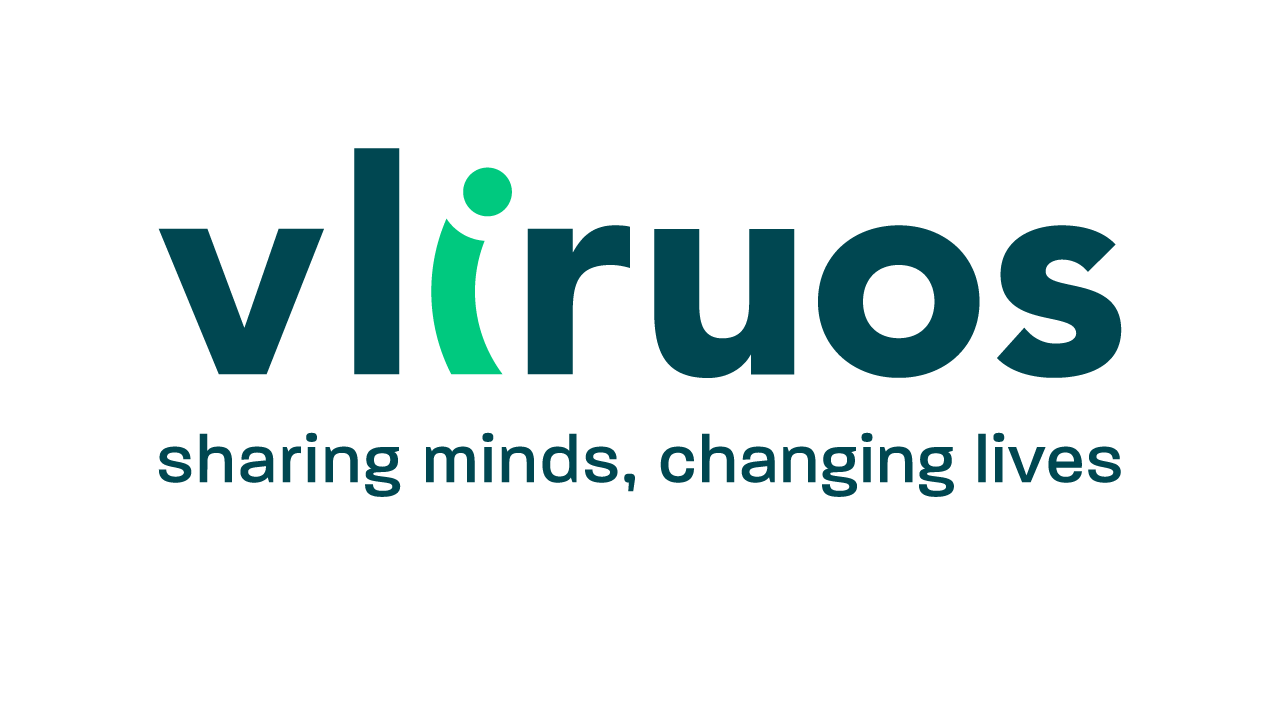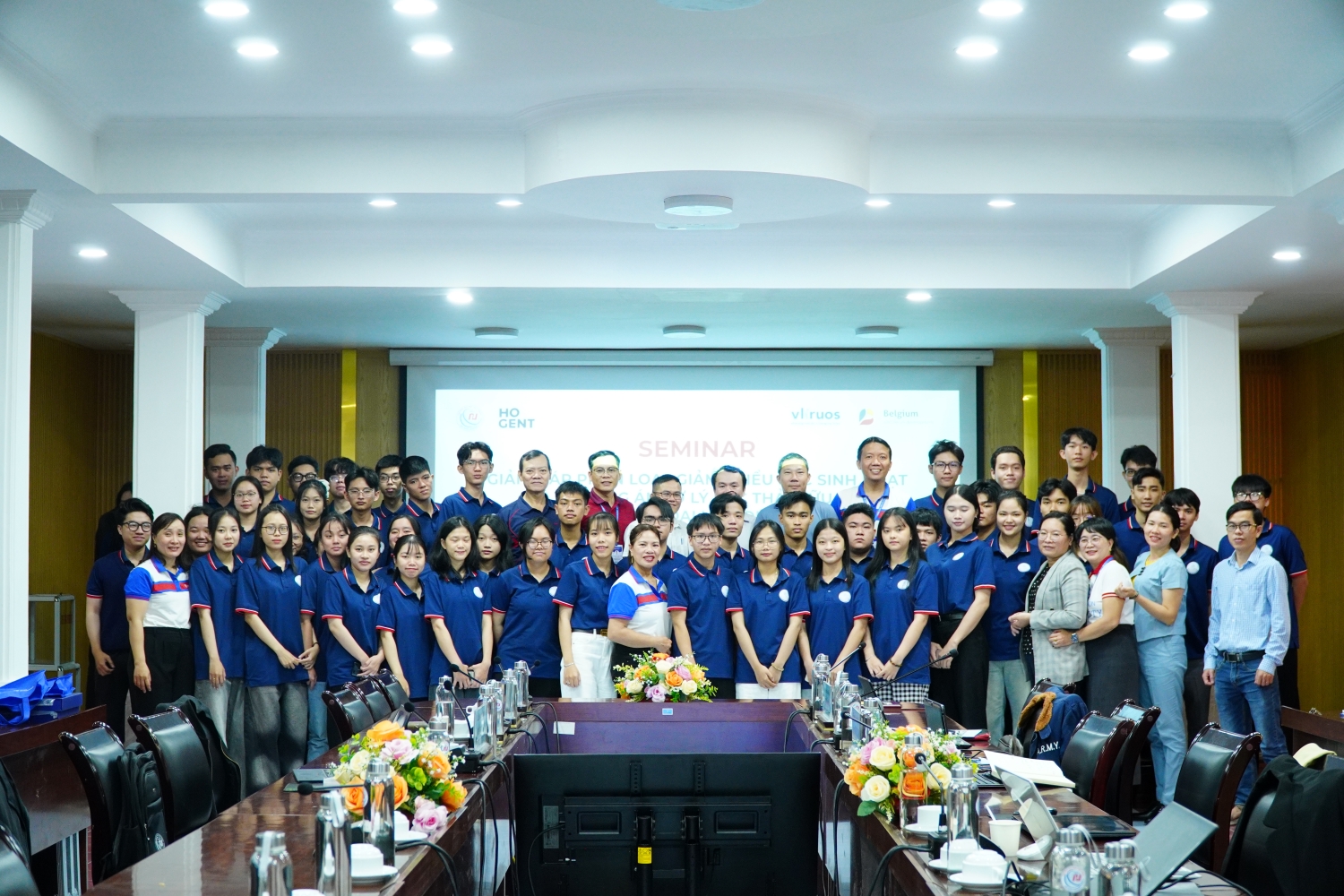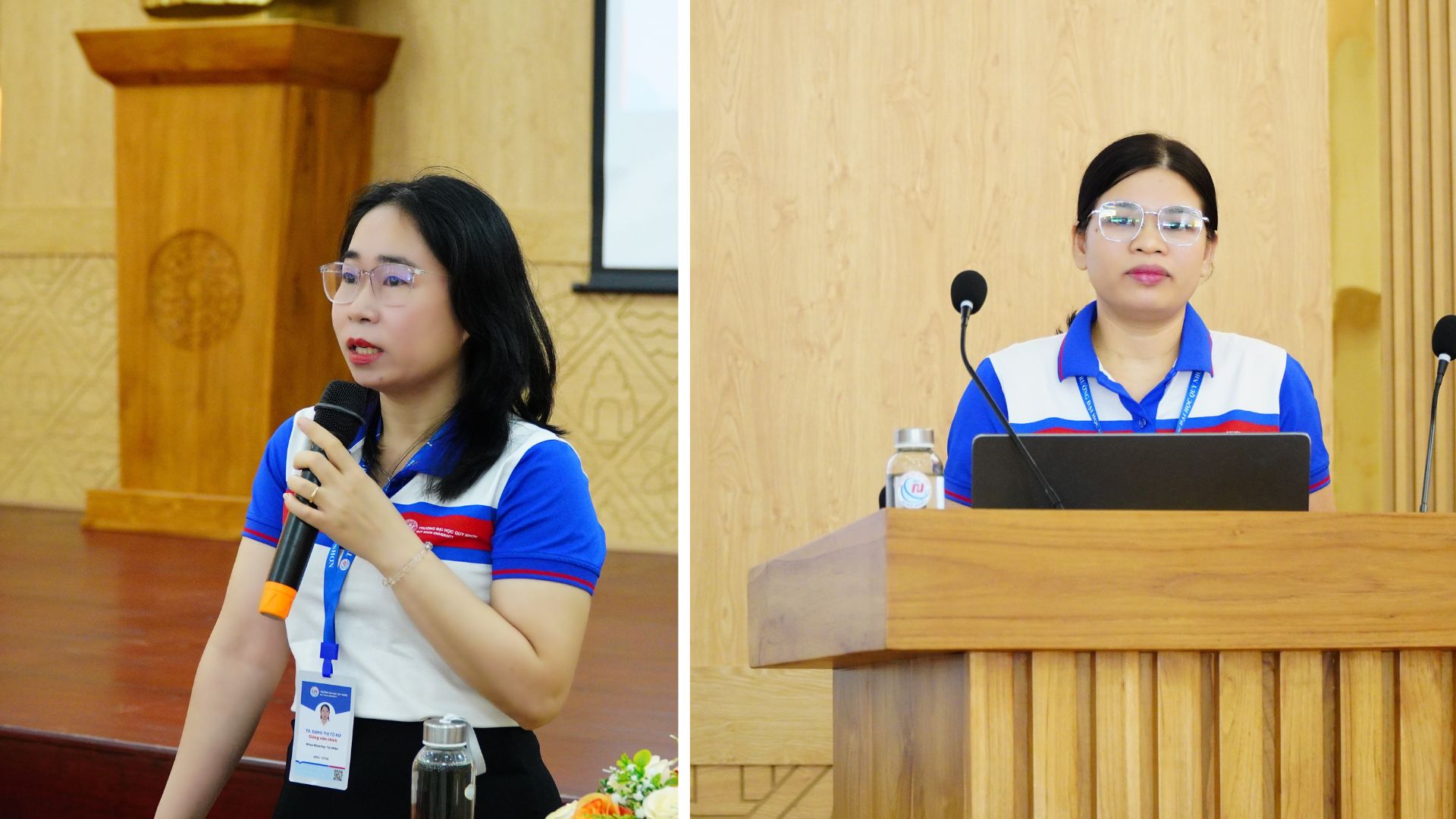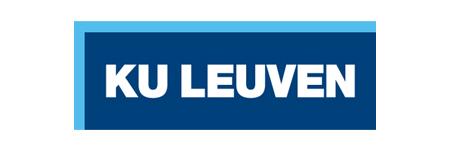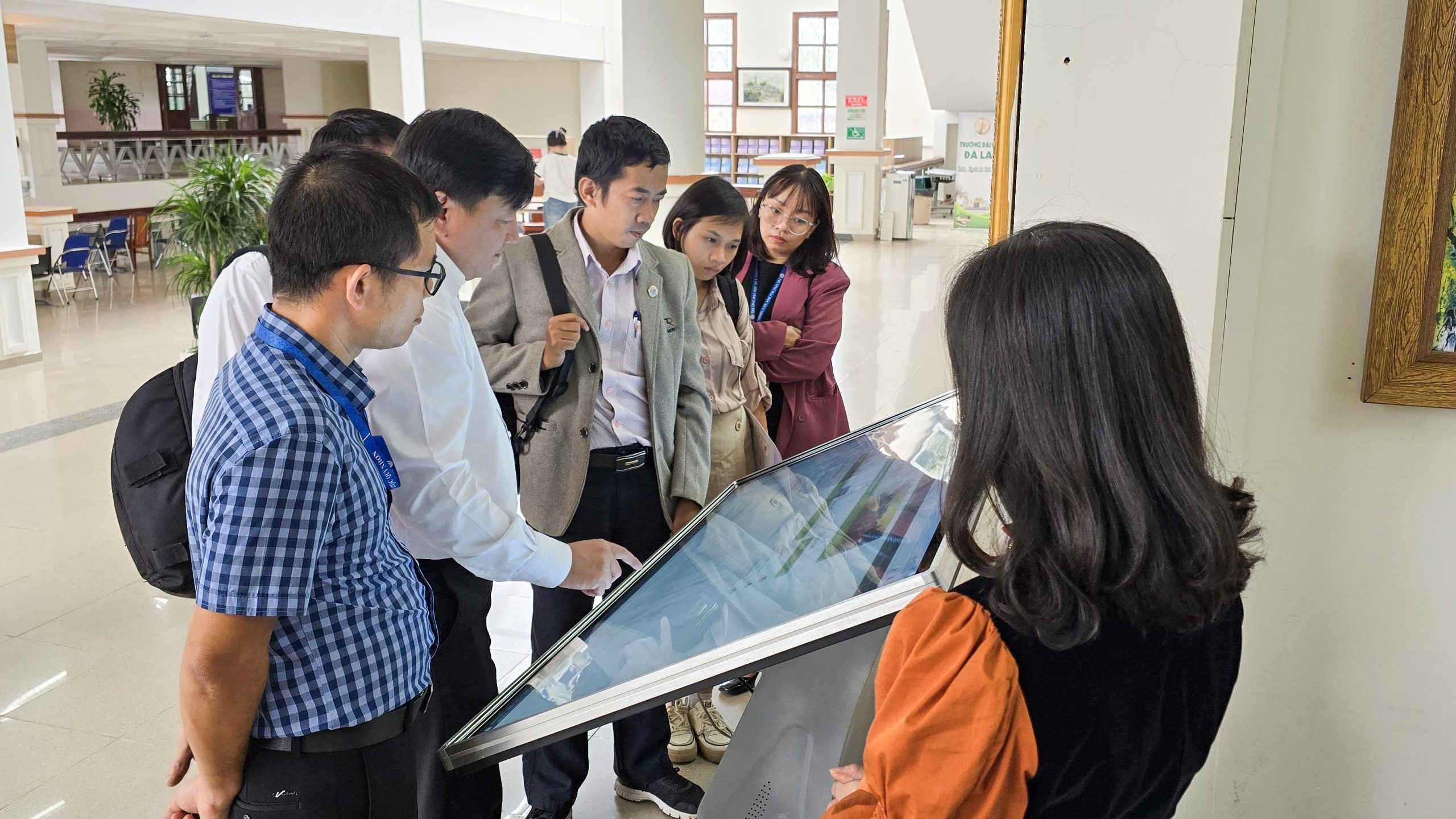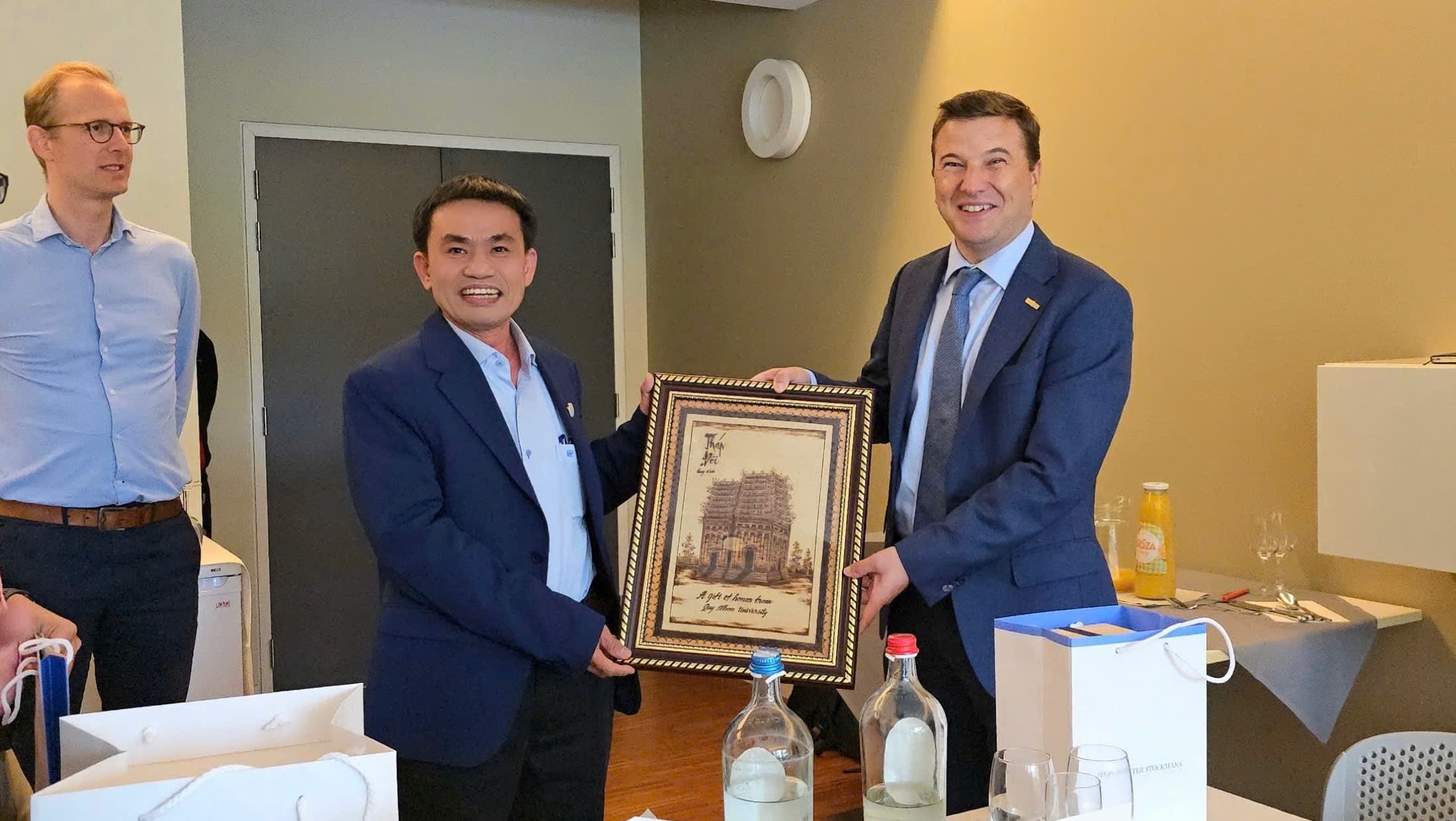Two sandwich PhD positions in Postharvest Biology and Technology
Short summary of the involved universities
From Renaissance philosophy to cutting-edge nanotechnology: KU Leuven has promoted ground-breaking research and high-quality education throughout its storied existence. KU Leuven accommodates 65,000 students, spread across thirteen campuses in Leuven and elsewhere in Flanders. The University and University Hospitals Leuven each employ almost 10,000 people. For research, KU Leuven ranks among the world’s finest. KU Leuven has become a cosmopolitan institution in a rapidly changing urban environment. Its unique profile reconciles cutting-edge science with quality of life and openness to talent.
Quy Nhon University currently has more than 500 academic staffs employed in 3 faculties and 9 academic departments providing 46 bachelor’s, 22 master’s and 3 doctoral programmes in the disciplines of pedagogy, natural sciences, social sciences and humanities, engineering and technology, and economics, for nearly 14,000 students. Since QNU’s establishment 45 years ago, the University has obtained major achievements, and holds the 26th place in Vietnam, according to the Ranking Web of Universities (webometrics.info, accessed on 1st October 2022).
1. ABOUT THE IUC PARTNERSHIP WITH QUY NHON UNIVERSITY AND THE SUB PROJECT 4
Quy Nhon University (QNU) was selected by the Flemish Interuniversity Council-University Development Cooperation (VLIR-UOS) as a partner university to start an Institutional University Cooperation (IUC) partnership. This IUC partnership capacity building at QNU (IUC QNU partnership) has run from 1 September 2022 to 31 August 2027 (Phase 1) and continue in the next five years (Phase 2) under the coordination of University of Leuven (KU Leuven), Belgium. The objective of such an IUC is institutional capacity building, enabling the university to fulfill its role in terms of education, research and strengthening the university-industry linkages and technology transfer. The IUC QNU partnership aims to sustainably boost the livelihoods of farmers and living conditions of residents in the South Central Coast and Central Highlands in Vietnam by enhancing education, research and service delivery capacities in agricultural/food/environmental sciences and renewable energy. These objectives will be achieved through five theme-based sub-projects (SP1-SP5), two transversal institutional strengthening sub-projects (SP6-SP7) under the coordination of a Project Support Unit (PSU). The several Flemish Higher Education Institutions (FHEIs), namely University of Leuven (KU Leuven), HOGENT University of Applied Sciences and Arts HOGENT, and VIVES University of Applied Sciences, are partners in this partnership.
The short-term objectives of sub-project 4, on the one hand, is to create safer avocado and durian preservation processes by using natural bioactive compounds with or without nanomaterials. On the other hand, we would like to establish an interdisciplinary sustainable post-harvest technology research group and the strengthen educational capacity for the food technology bachelor programme at QNU. For the long-term objectives, this sub-project aims to increase the local farmers’ income and supply more safe local fruits to the national and international markets.
To achieve these objectives, interdisciplinary research in the fields of food science, chemistry of natural products, and biomolecular modelling will be carried out. First, the post-harvest losses of avocado and durian in supply chains will be assessed by using various tools. Second, a post-harvest physiology study for avocado anddurian fruit will be conducted and pathogenic microorganisms abundant on the surface of the fruits are identified. Third, research on the natural bioactive compounds of diverse local natural plants/sea creatures and their bactericidal and fungicidal properties will be conducted. Molecular mechanisms of the action of the antimicrobials on the pathogens will be studied by using both modelling and experimental methods. In order to identify the optimal storage conditions, experimental and process modeling studies will be carried out. Finally, the preservation process of avocado and durian fruit which uses natural bioactive compounds with/without nanomaterials will be tested at both lab and farm scales to prolong their shelf-life.
2. WHO WE ARE LOOKING FOR
2.1. PhD position in Postharvest Technology to extend the storage and shelf life of durian fruit.
Durian fruit, also called the ‘king of fruit’, is characterized by a strong aroma and thorn-covered rind. As it is a climacteric fruit, ripening is initiated as a consequence of ethylene signaling. The aroma of durian fruit is mainly characterized by sulphur-based volatiles that develop during fruit ripening. Most durian fruit are commercialised fresh, but there is also an interest in postharvest technologies to extend their storage and shelf life. This PhD topic will address the following research questions:
This PhD topic will address the following research questions:
1. How does the aroma of durian fruit evolve during cold storage as a function of maturity stage at harvest?
Durian fruit will be picked at three different maturity stages and stored at two temperatures above the critical temperature for chilling injury for different time periods. At harvest and at several time points during storage and subsequent shelf life, flesh samples will be excised and sent to the KU Leuven host lab for aroma analysis using SPME-GCMS. Other quality attributes (color, rind and flesh firmness, soluble solids content and acidity) will be measured as well. The data will be analysed by means of multivariate statistics. This will enable to identify the ideal picking date for long term storage, as well as the optimal storage temperature.
2. Can the storage life of durian fruit be extended through the application of 1-MCP, and will it recover its aroma during shelf-life?
1-MCP is a volatile component that binds to ethylene receptors and thus blocks ethylene signal transduction and climacteric ripening. It is used on a large scale on mainly pome fruit, often in combination with controlled atmosphere storage. Here the PhD student will apply 1-MCP in different concentrations and evaluate its effect on quality attributes, including aroma, of durian fruit. Particular attention will be paid to the recovery of aroma biosynthesis during shelf-life.
3. What is the effect of chitosan coatings on aroma development of durian fruit?
There is recently a growing interest in the application of coatings, essential oils and natural extracts to extend the storage life of fresh fruit. Coatings may prevent microbial spoilage but also affect the internal gas concentration and, hence, the biosynthesis of aroma volatiles. The PhD student will investigate the effect of chitosan coatings on storage life and aroma development of durian fruit.
4. Can we improve postharvest handling of durian fruit?
Due to the special morphological characteristics of durian fruit (the dehiscence of durian starts at the stylar end and progresses to the stem end), biofilms will not be effective enough on their own to prolong the shelf life of durian. A pilot storage process for durian will be designed by using agricultural residue (sugarcane fiber, coir and rice straw) as a mechanical protection. This can prevent the durian from dehiscence during their ripening progress, coupled with the coating technique.
The successful candidate is expected to have the following profile:
• PhDs applicants interested in this position must hold a MS degree in Food science/ Food technology/ Post-harvest technology / Food Microbiology / Food Microbiology or similar.
• English skills: Excellent (IELTS language level ≥ 6.0)
• Candidates have to be hard working and enthusiastic and have a strong interest in postharvest biology and technology.
• Candidates have a talent for conceiving advanced experimental set-ups and can realize them in a target-oriented manner.
Supervisor: Prof. Bart Nicolaï and Dr. Maarten Hertog (KU Leuven)
Local co-supervisor: Dr. Duc An Hoang (QNU)
2.2. PhD position in Characterization of the microbiota on avocado in Vietnam and tools to prevent postharvest losses.
Postharvest losses caused by fungal infections are a major problem of avocado’s but the main causative agents in Vietnam have not yet been characterized. Based on data from other countries anthracnose is considered as the most important disease. This disease is mainly caused by Colletotrichum species, but several other pathogens of avocado, such as Lasiodiplodia theobromae, Phomopsis perseae and Dothiorella aromatica have been described.
This PhD topic will address the following research questions:
1. What are the main diseases associated with postharvest losses in avocado in Vietnam?
Samples of postharvest infected avocado’s will be collected from different areas in Vietnam. The main fungal and bacterial species infecting the fruit will be isolated and identified by DNA sequencing. The different strains will be stored for further research.
2. Which molecules inhibit the growth or kill the pathogenic microorganisms
Several essential oils (EOs) and/or their components have been shown to affect the growth of postharvest pathogens. We will screen the inhouse collections of EOs or their components for antimicrobial activity using vapor phase mediated assays or disc diffusion assays. Assays for synergy between two active molecules will also be performed. In Vietnam there is large interest in essential oils and we will also test these EOs and using GC-MS we will determine the main and/or active components in these EOs.
3. Which micro-organsisms are potential biocontrol organisms (BCOs) based on microbiome studies of avocado fruit
We will identify and characterize the microbiota of both infected and non-infected avocado fruit to identify potential biocontrol microorganisms that prevent these fruits from being infected. It has been observed that several Bacillus spp. are able to control anthracnose of avocado. After identification of potential BCOs we will investigate their mode of antimicrobial action.
4. Are the molecules identified in aim 2 or the biocontrol microorganisms also effective in controlled fruit infection studies.
Here we will test the effect of the compounds or organisms (or their metabolites) on the postharvest protection of artificially infected avocado.
At the end of this project, the PhD student will have gained expertise in various techniques, such as DNA isolation of fruit, DNA sequence analysis, microbiome analysis, in vitro and on fruit antimicrobial tests, analytical assays including GC-MS,…
The successful candidate is expected to have the following profile:
• PhDs applicants interested in this position must hold a MS degree in Food science/ Food technology/ Post-harvest technology / Food Microbiology / Biology / Microbiology or similar.
• English skills: Excellent (IELTS language level ≥6.0)
• Candidates have to be hard working and enthusiastic and have a strong interest in technology development and postharvest diseases.
• Candidates have a talent for conceiving advanced experimental set-ups and can realize them in a target-oriented manner.
Supervisor: Prof. Patrick Van Dijck and Prof. Barbara De Coninck (KU Leuven)
Local co-supervisor: Dr. Duy Thanh Le (QNU)
3. WHAT WE CAN OFFER YOU
A sandwich PhD program for the selected PhD candidates will be provided with a 23 months scholarship for research stays at KU Leuven including a monthly stipend of €1900 and 4 return tickets. The remaining 25 months of the PhD research will be performed at Quy Nhon University (Vietnam). The selected PhD candidates will have a commitment to work for QNU after graduation.
4. HOW TO APPLY
Please send your application by email by April 7, 2023. Application package includes:
– Your detailed CV,
– A motivation letter,
– Electronic versions of your academic records,
– Proof of English proficiency,
– Recommendation letter from at least one referee.
Further information on the next phases will be sent on April 15, 2023 to the pre-selected PhD candidates. Please do not hesitate to contact us if you have any questions via:
Prof. Bart Nicolaï
Email: bart.nicolai@kuleuven.be, Mobile: +3216322375
Dr. Maarten Hertog
Email: maarten.hertog@kuleuven.be, Mobile: +3216322376
Prof. Patrick Van Dijck
Email: patrick.vandijck@kuleuven.be, Mobile +3216321512
Prof. Barbara De Coninck
Email: barbara.deconinck@kuleuven.be, Mobile: +3216376626
Dr. HOANG Duc An
Email: hoangducan@qnu.edu.vn, Mobile: +084. 935380063
Dr. LE Duy Thanh
Email: leduythanh@qnu.edu.vn, Mobile: +084. 903435217


